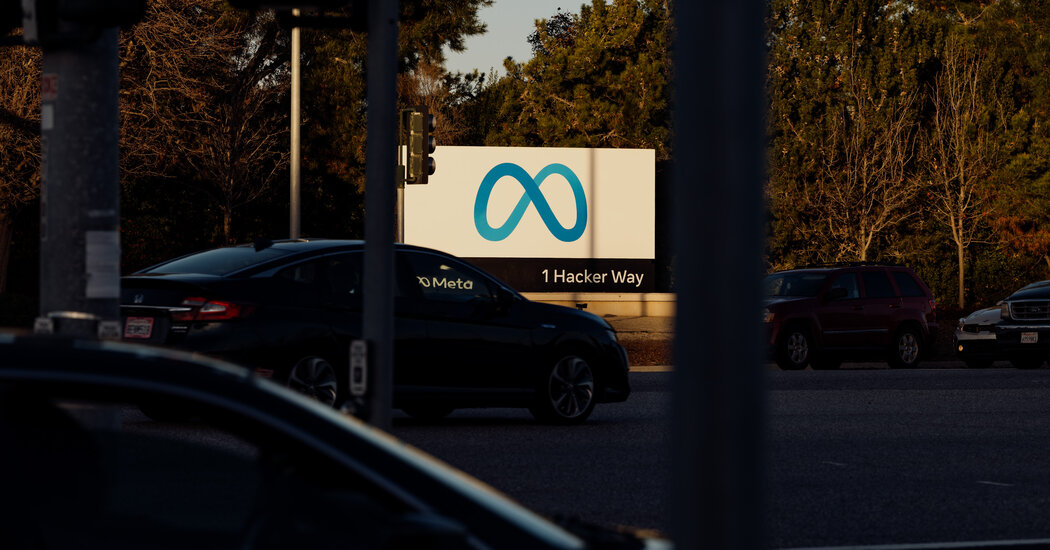More than 200 diversity officers, some from Fortune 500 companies and some from nonprofits, gathered last summer at N.Y.U. School of Law and on video to talk about the future of their diversity, equity and inclusion, or D.E.I., programs, which had become a legal and social target. Anxiously, they wondered how to protect themselves. Did they need to rethink internship programs for underrepresented workers, or drop certain diversity language from their websites?
Those concerns ratcheted up sharply this week. In his first days in office, with series of sweeping moves, President Trump took aim at diversity efforts.
Mr. Trump ordered federal officials overseeing government D.E.I. efforts to be put on leave. His efforts did not stop with government employment. He revoked an executive order signed in 1965 that prohibited discriminatory hiring and employment practices for private government contractors. Perhaps most alarming for business leaders was the order’s focus on private corporations, whether they do business with the government or not. “We’re already seeing that this flurry of orders has created fear and confusion,” said David Glasgow, executive director of the Meltzer Center for Diversity, Inclusion and Belonging at N.Y.U. Law.
The executive order instructs the federal government to look at private sector D.E.I. initiatives: Each federal agency, it says, will identify “up to nine potential civil compliance investigations” that could include publicly traded corporations, nonprofits and large foundations, among others.
“That discrete number is a way of striking fear into organizations’ hearts,” said Kenji Yoshino, a constitutional lawyer at N.Y.U. who advises some Fortune 500 companies on D.E.I. “They just don’t want to be one of those nine. Until those nine are announced, it’s going to cause others to be risk-averse.”
Civil rights lawyers believe that the D.E.I. programs that are most legally vulnerable are those that give employment benefits, like jobs or promotions, to specific groups on the basis of their race. In 2023, a Supreme Court decision struck down race-conscious preferences in college admissions and was followed by a wave of lawsuits against company diversity efforts.
Thank you for your patience while we verify access. If you are in Reader mode please exit and log into your Times account, or subscribe for all of The Times.
Thank you for your patience while we verify access.
Already a subscriber? Log in.
Want all of The Times? Subscribe.


